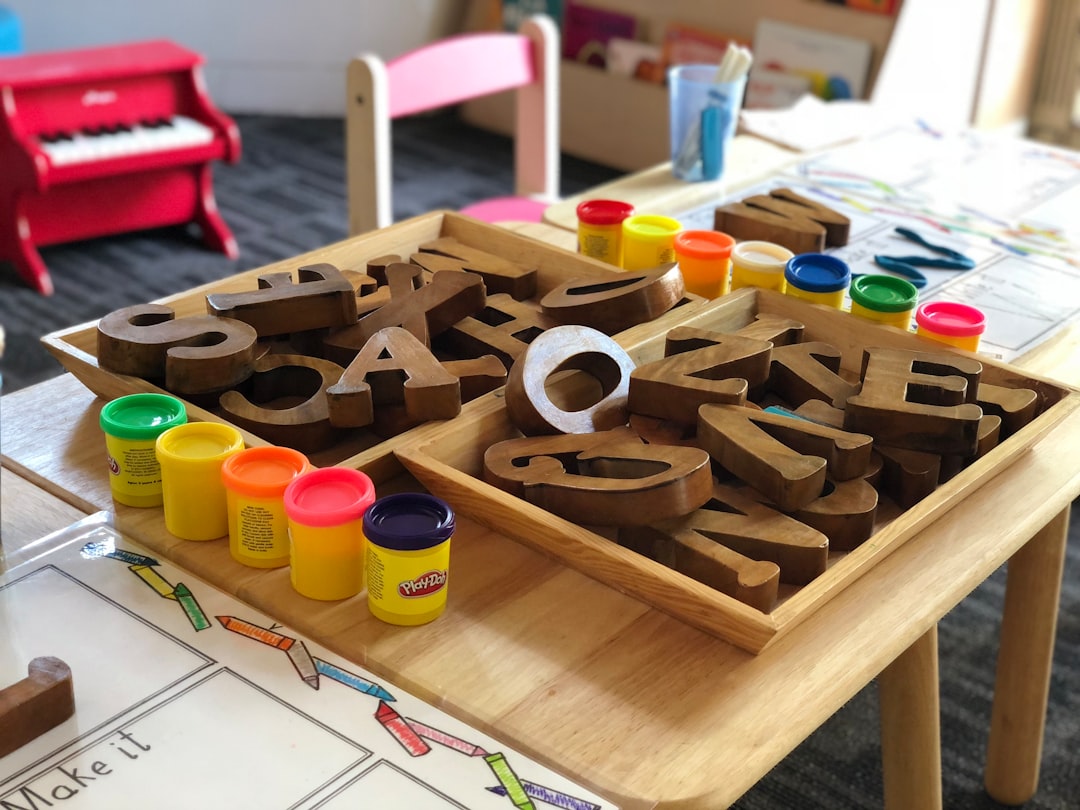Work based learning applications are transforming how students and professionals gain practical experience in real-world settings. These applications bridge the gap between academic knowledge and workplace skills, making education more relevant and applicable. As industries continue to evolve, the demand for job-ready graduates has increased, pushing educators and training providers to seek more immersive learning models.
At its core, work based learning combines classroom instruction with hands-on experience. This can take many forms, including internships, co-ops, apprenticeships, and project-based assignments. The application process for these programs often involves matching learners with companies or organizations that align with their interests and goals, providing meaningful opportunities to apply their knowledge in actual work environments.
One of the key benefits of these applications is the development of soft skills such as communication, teamwork, and problem-solving. While technical skills can often be taught in a classroom, soft skills are best honed through experience. A well-designed work based learning application can ensure that learners are not only gaining industry-specific knowledge but also cultivating these essential interpersonal skills.
Many educational institutions are now integrating work based learning into their curricula to better prepare students for life after graduation. These programs help learners understand what is expected of them in professional settings, from meeting deadlines to managing workplace dynamics. The experience also provides valuable networking opportunities, which can lead to job offers and long-term career growth.
Technology plays a significant role in streamlining the administration and delivery of work based learning. Digital platforms offer tools for tracking progress, facilitating mentor feedback, and ensuring that learning outcomes are met. For educators and program coordinators, these platforms make it easier to monitor student engagement and measure the impact of experiential learning initiatives. You can explore how these systems function in practice by visiting this experiential learning platform.
As the workforce becomes more dynamic and diverse, adaptable learning models like these will continue to play an important role. They offer a more personalized and flexible approach to education, catering to the varied needs of learners while maintaining a strong focus on employability. By integrating real-world experiences into the learning process, work based learning applications are reshaping how we view education and career readiness.




